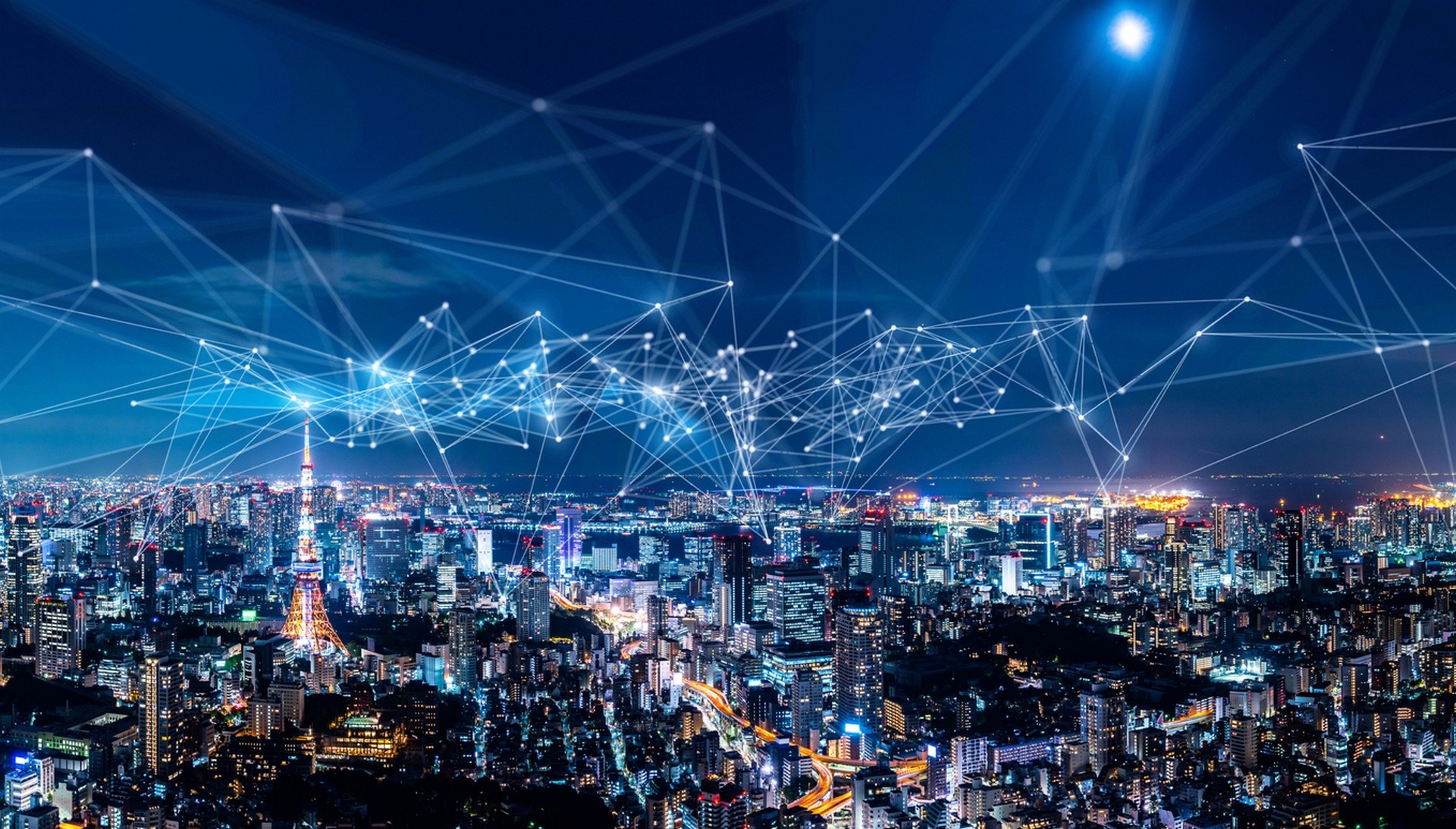Author | Jaime RamosIt is 30 years since the company Maxis launched the famous city building simulation video game SimCity. At around the same time, Tim Berners-Lee unveiled his global IT network proposal, known by its initials WWW. This temporal coincidence is very useful to illustrate how, as part of their digital evolution, cities need a music director to synchronise the millions of instruments they play simultaneously.It is what is known as Big Data. Understanding and controlling information marks a fundamental difference in the development of smart cities. This is being achieved via the mechanisms offered by the Internet of Things or IoT platform.Just as in 1989 the first SimCity players played to become gods creating a city that carried their signature, existing platforms manage to unify the administration of a countless variety of public services in order to make them more efficient, sustainable, productive, useful, predictable… In short, smarter.
An operating system to unite us all
However (and luckily), there are still a great deal of differences between the virtual world of the SimCity saga and the tools available to the multiple stakeholders that have an impact on the everyday running of today’s urban management.SimCity users had all the tools in a single interface. Achieving a functional unification of this kind is what some technology companies are proposing such as Cisco. To do so, they have developed a unique platform that concentrates and enables public services to be operated at various levels.Christened as Kinetic for Cities, the city of Hull in the United Kingdom, already uses it to improve the use of urban lighting, coordinate waste collection or alleviate retentions caused by traffic.
How does Kinectics for Cities work?
Kinetic for Cities defines itself as a platform that enables city managers to extract and manage information and data from multiple physical sensors. All on a single panel, bringing us closer to the analogy of SimCity, or to the ideal prototype offered by digital smart cities.The Cisco software has an impact at all levels of urban digitisation. Though sensors, it coordinates the physical elements (such as city lighting) in a unique management model But it also standardises existing models via APIs (Application Programming Interface)Thanks to this insight, developers (municipal or private firms working with local governments) can create software solutions that are valid for the entire city and with interoperability capacities. All under a common and normalised framework.
The importance of system interconnection
The unification of digital languages is just the first and necessary step that smart cities are awaiting.It is also the step required to open the way to other tools and to exploit the potential of artificial intelligence. It could provide systems and their physical elements with sufficient readiness to automate management processes. It would be a bit like activating the automatic pilot in SimCity, but always under the supervision of an adult.Harmonising all the systems that intervene in big data and the universe of devices that currently use it in a city, is possibly one of the most important challenges for any city in the process of digital transformation. Also one of the most cost effective for companies that are prepared.Images | iStock/metamorworks, iStock/ZoltanGabor, iStock/Scharfsinn86






















































